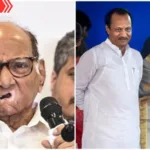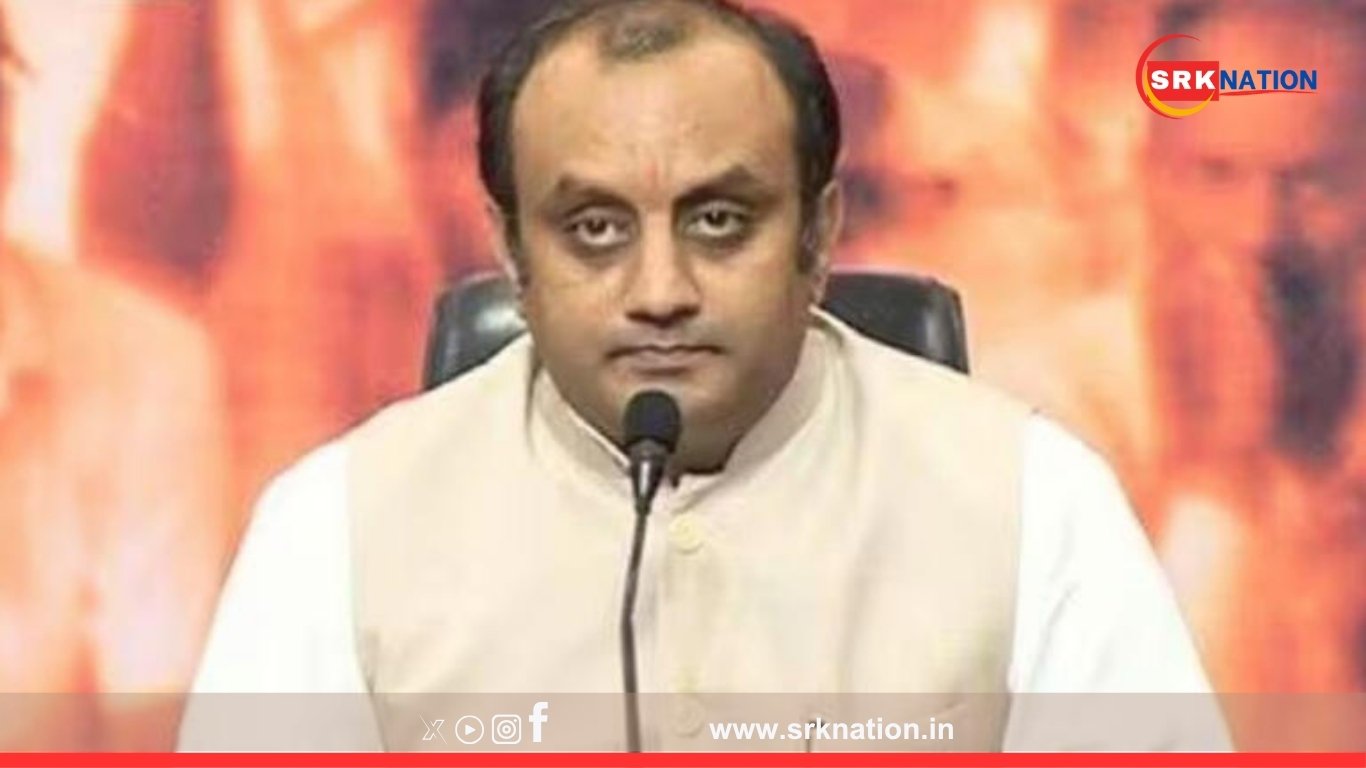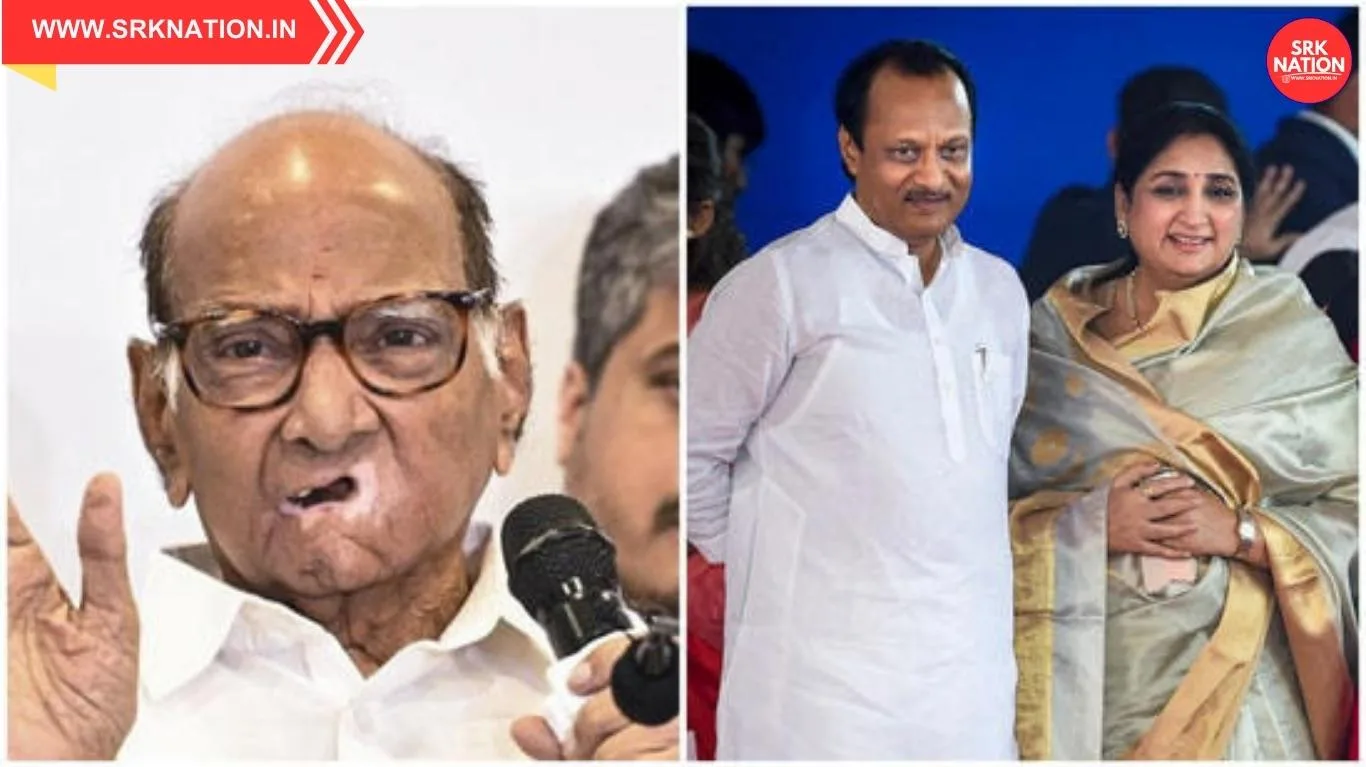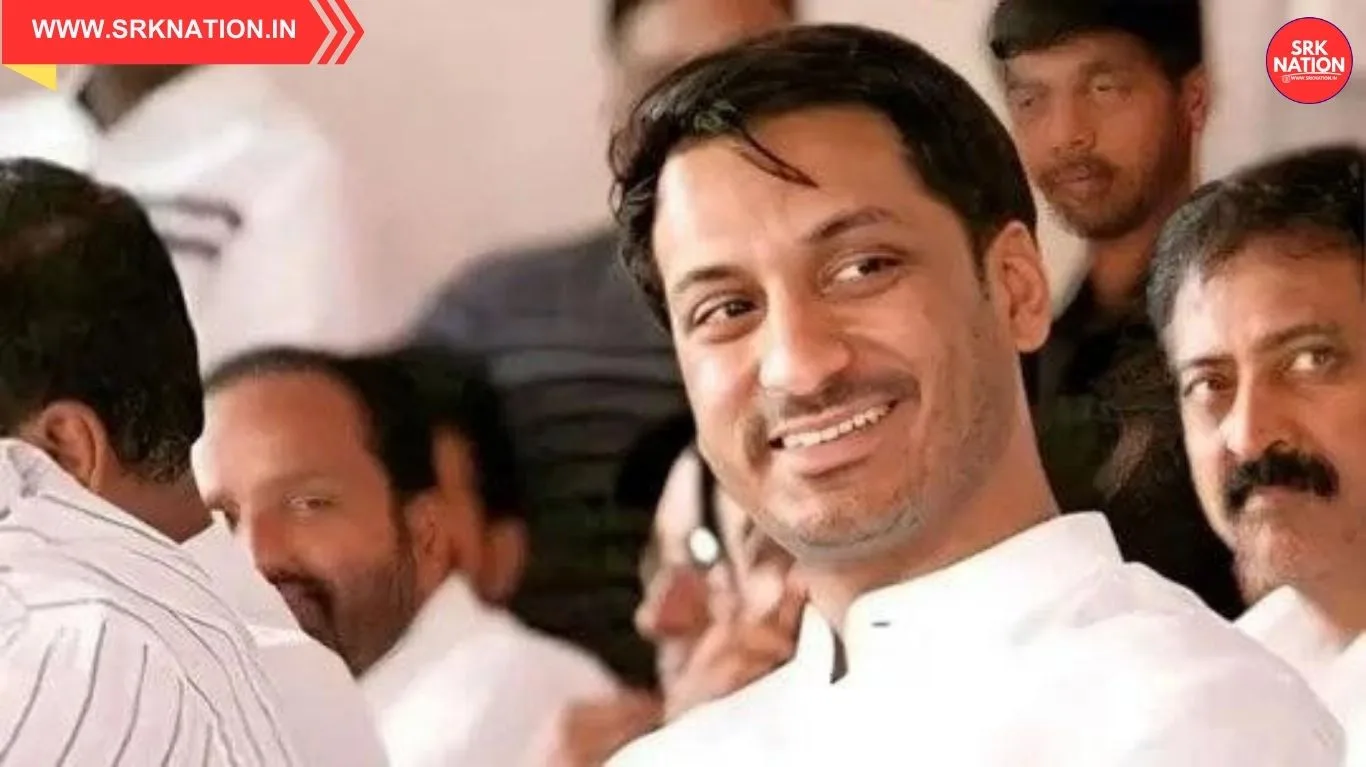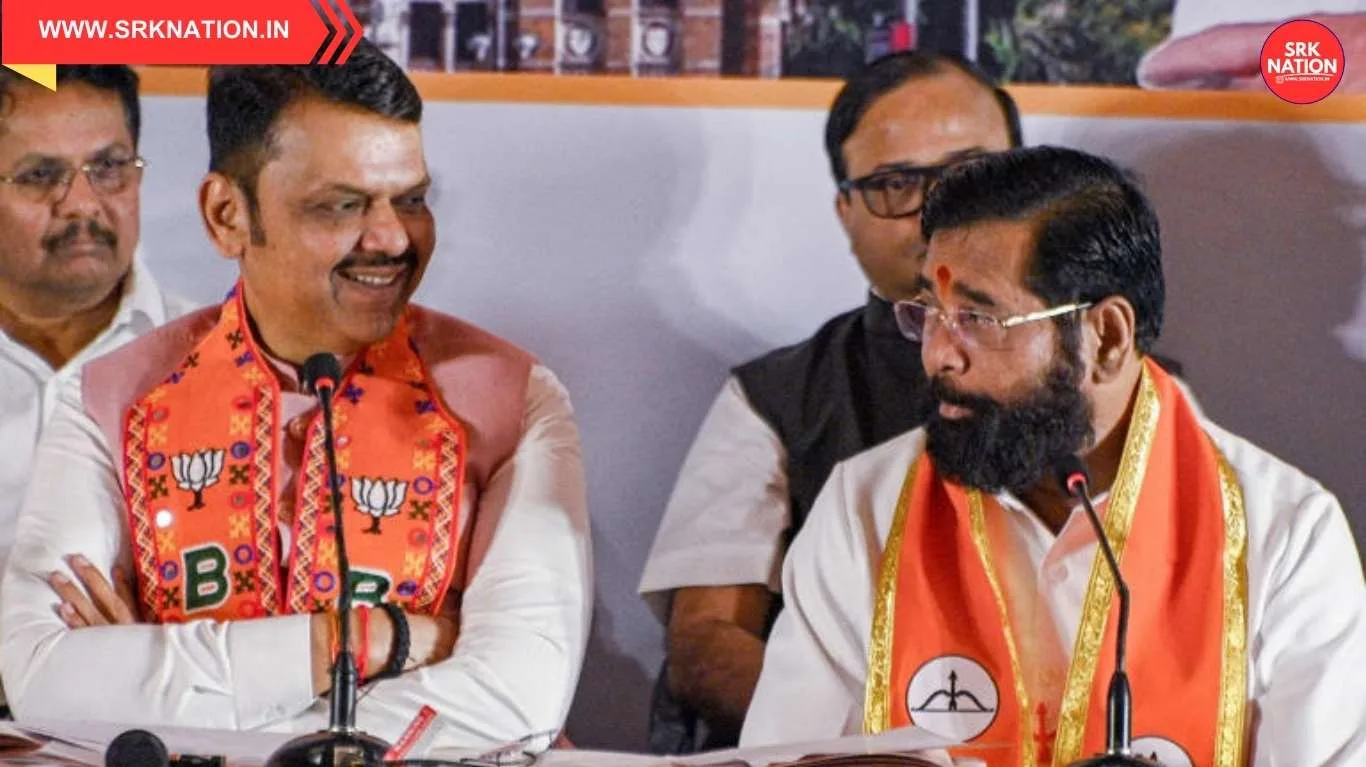In a fresh political tussle in Bihar, the Bharatiya Janata Party (BJP) has launched a scathing attack on Rashtriya Janata Dal (RJD) leader and former Deputy Chief Minister Tejashwi Yadav, branding him “Namazwadi, not Samajwadi” after his remarks on the ongoing anti-Waqf Board protests across the state.
The controversy erupted after a group of Hindu outfits and land rights activists staged protests in Patna and other districts, alleging illegal land encroachment and acquisition by the Waqf Board. The protesters demanded an independent judicial inquiry into land allotments under the Bihar State Sunni and Shia Waqf Boards.
BJP’s Sharp Criticism Of Tejashwi Yadav
Senior BJP leader and Bihar Legislative Council member Nawal Kishore Yadav lashed out at Tejashwi Yadav on Monday, saying:
“His party calls itself Samajwadi, but their reality is Namazwadi. They support communal appeasement and ignore the plight of poor Hindus whose lands are being snatched in the name of Waqf properties.”
The BJP has accused Tejashwi and his party of:
- Supporting “unconstitutional land acquisition” by the Waqf Board.
- Practising vote-bank politics by siding with Waqf authorities instead of protesting illegalities.
- Failing to protect Dalits and backward communities whose lands are allegedly affected by disputed Waqf claims.
Background: Why Are People Protesting Against The Waqf Board?
The protests began after reports emerged of multiple land parcels in Patna, Muzaffarpur, Gaya, and Darbhanga being claimed under Waqf Board ownership. Protesters allege:
- Lack of public notification before registering private or temple trust lands as Waqf.
- No compensation to affected owners.
- Opaque records management by the Bihar Waqf Board.
- Fear among farmers and landholders that their land titles will be invalidated.
Waqf Board’s Stand
Officials from the Bihar State Sunni Waqf Board have denied allegations of illegal acquisition, stating:
“Properties registered under Waqf are governed by The Waqf Act, 1995, and verified through district-level surveys. False propaganda is being spread by communal outfits to create hatred.”
Tejashwi Yadav’s Statement That Triggered BJP’s Attack
Speaking to reporters in Patna, Tejashwi Yadav criticised the protests as “politically motivated attempts to polarise communities ahead of Bihar Assembly elections”, saying:
“Waqf lands are meant for welfare of poor Muslims – for madrasas, mosques, and community services. BJP is using this as an opportunity to create Hindu-Muslim divisions.”
He further accused the BJP of “diverting attention from real issues like unemployment and price rise.”
BJP’s Counter Allegations
BJP leaders hit back immediately:
- Sushil Kumar Modi (Former Deputy CM, BJP): “The RJD and Tejashwi Yadav have always ignored illegal land grabbing in the name of religion. He is Namazwadi, not Samajwadi. People know who works for social justice and who works for appeasement politics.”
- Nityanand Rai (Union Minister of State for Home): “The Modi government respects Waqf rights under law but will not tolerate illegal encroachment under its name. We will protect every citizen’s land rights.”
Political Reactions From Other Parties
| Party | Reaction |
|---|---|
| JD(U) | Maintained cautious stance; urged for verification of Waqf land claims to avoid communal tensions. |
| Congress | Supported Tejashwi Yadav’s view, blaming BJP for creating communal rift. |
| AIMIM (Asaduddin Owaisi’s party) | Said Waqf lands are religious trusts and political parties must refrain from communalising the issue. |
Legal Provisions Regarding Waqf Land
Under The Waqf Act, 1995, all properties registered as Waqf are protected for religious or charitable purposes. However:
- Section 40 empowers the Waqf Board to decide property status after due inquiry.
- Affected parties can appeal to the Waqf Tribunal if their land is wrongly notified.
- Supreme Court rulings have upheld that private lands cannot be declared Waqf without ownership documentation and due legal process.
Impact On Bihar’s Political Landscape
This controversy has come at a crucial time with Assembly elections due in 2025. Political analysts believe:
- BJP is intensifying Hindu voter consolidation by raising land rights issues against religious trusts.
- RJD and Congress are positioning themselves as protectors of minority welfare schemes, risking alienation of certain OBC and Dalit segments.
Professor Sanjay Kumar, Political Analyst, said:
“Land and religious trust disputes are historically sensitive in Bihar. BJP’s ‘Namazwadi’ jibe will resonate with a section of voters but RJD will counter it by alleging communal polarisation.”
Similar Past Controversies Over Waqf Properties
| State | Incident | Outcome |
|---|---|---|
| Uttar Pradesh | Dispute over Waqf land in Ayodhya and Varanasi | High Court ordered verification and restoration to rightful owners |
| Karnataka | Allegations of large-scale Waqf land scams (Rs 2 lakh crore scam alleged by 2012 report) | Under investigation by state and central agencies |
| Maharashtra | Encroachment disputes between temple trusts and Waqf Board | Resolved through negotiated settlements in many districts |
Ground Report: Voices From The Protesters
Ramesh Prasad (protester, Patna):
“We don’t care about religion. This land has been in our family for generations. How can Waqf Board suddenly claim it without our consent?”
Shabnam Parveen (social activist):
“People must understand Waqf lands are registered through due process. Political parties are communalising it for votes.”
BJP’s Strategy Behind The ‘Namazwadi’ Remark
Political experts say BJP’s labelling of Tejashwi Yadav as “Namazwadi” is part of a larger strategy to:
- Position RJD as a minority appeasement party.
- Consolidate Hindu voters, especially EBCs and Dalits, around BJP’s land rights plank.
- Distract from internal factionalism by focusing public discourse on religious and cultural issues.
Tejashwi Yadav’s Counter Strategy
RJD leaders plan to:
- Organise press conferences exposing BJP’s alleged communal failures.
- Mobilise Muslim, Yadav, and SC vote base with promises of welfare schemes and employment generation.
- Highlight issues like inflation, farmer distress, and youth unemployment to regain narrative control.
Possible Legal Battle Ahead
Advocates representing affected farmers confirmed plans to file:
- Petitions in Patna High Court challenging Waqf property notifications without public notice.
- Complaints to National Commission for Scheduled Castes and Backward Classes alleging targeted land acquisition from weaker sections.
Conclusion
The ongoing protests against the Bihar Waqf Board have quickly escalated into a major political flashpoint, with BJP branding Tejashwi Yadav as “Namazwadi” to portray him as a minority appeaser over a Samajwadi (socialist) leader. As both parties trade accusations ahead of Assembly polls, the ultimate sufferers remain the farmers, landholders, and poor families anxiously waiting for legal clarity and protection of their land rights.
Whether the controversy will lead to communal tensions or trigger a robust debate on land governance and minority trust management in India remains to be seen. For now, the war of words has firmly set the stage for yet another high-decibel electoral battle in Bihar’s charged political landscape.
Disclaimer: This article is based on statements by political leaders, legal provisions under The Waqf Act, and ground protest reports as of June 30, 2025. Readers are advised to refer to official Waqf Board and High Court notifications for updates on individual property disputes.




